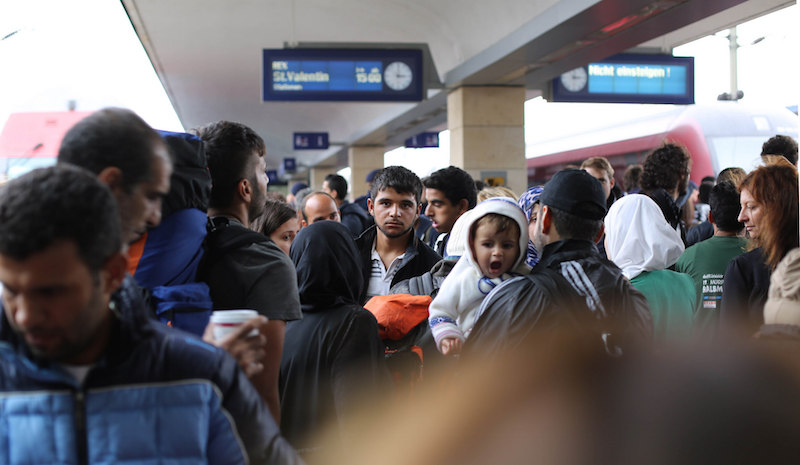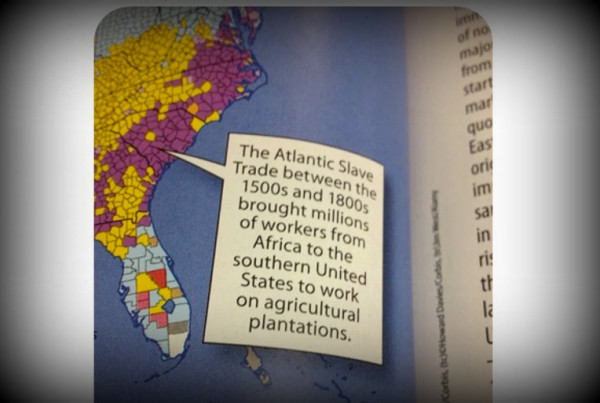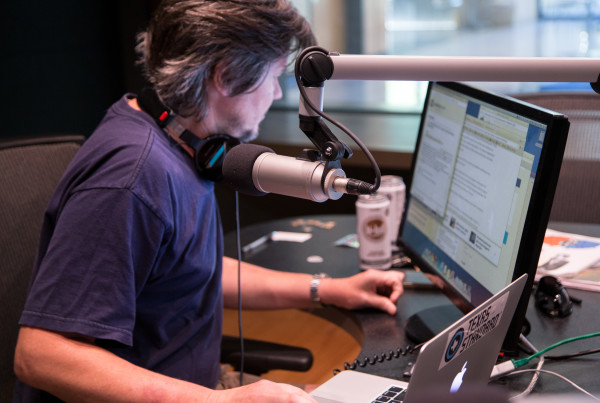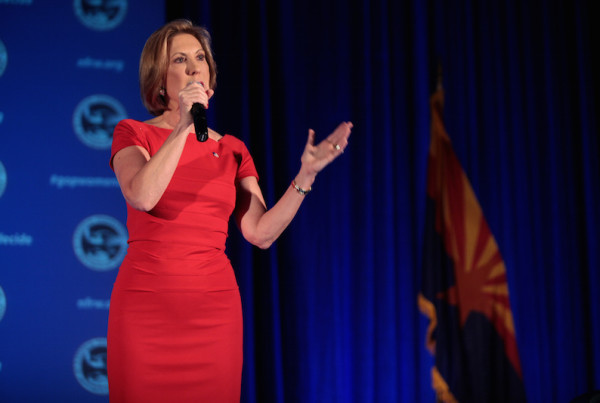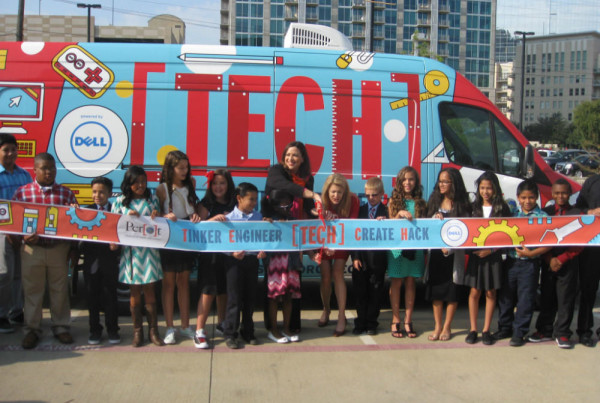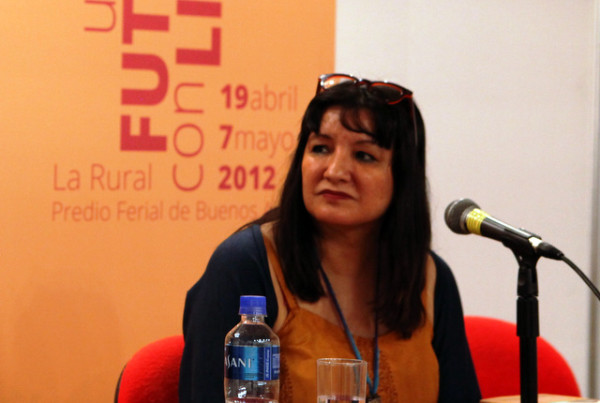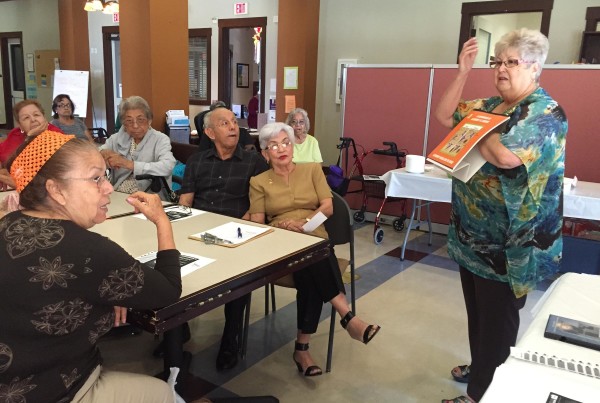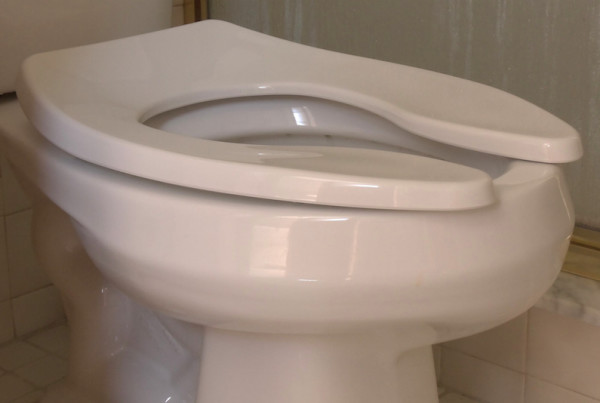Thousands of migrants continue to pour into Europe daily. Most are headed for Germany; the country leads the European Union in the number of migrants and refugees it has resettled.
In the United States, Texas plays that leading role.
Every year, Texas resettles more refugees than any other state in the nation. In 2014 alone, more than 7,000 people from over 20 nations moved to places like Midland, Amarillo, Houston and Austin.
This influx of immigrants is sparking the imagination of entrepreneurs to create unique tools for the journey of those displaced.
When Qahtan Mustafa left his home in Iraq 7 years ago he didn’t take much with him. “Just two small bags of clothes and a laptop,” he says.
Mustafa is a former U.S. military translator. When his life was threatened, the U.S. helped resettle him, his wife and child, in Austin. His laptop was, to Mustafa, what photo albums were to those displaced during WWII: a tool to carry memories.
However, the new wave of displaced people are not carrying laptops. “My brother just left Iraq and went to Germany. He took his cell phone with him,” Mustafa says.
Phones store memories and helped the family stay in touch as Mustafa’s youngest brother, along with thousand of others, made the journey to Europe.
Here in Texas, the migrant crisis seems like it’s half a world away. Geographically, it may be. But not to Chris Weldon, an Austin entrepreneur.
As he watched the migrant crisis unfold in Europe, he wondered if there was anything he could do to help alleviate the stress of those displaced from the Middle East.
“I was reading a Washington Post article on how they are using WhatsApp and Facebook to crowd-source their journey out of the Middle East to Europe – where to go next, what are the camps like, where do I get help?” Weldon says. “But, it’s on Facebook.”
Facebook is a social media platform with little to no privacy, but Weldon says he had a solution. “If you are going to smuggle someone across the border you may not want that on Facebook,” he says. “You may want a private channel, and that’s what we did.”
Weldon decided to tweak an app he created a few years ago. Here’s the back story:
It was 2012. “I was stranded in Washington, D.C. during a storm that left us without power for two weeks,” Weldon says.
People wanted to tell their family and friends they were OK. “That’s when I came up with the idea that if we can put pictures and video on a map, right? We can have a real-time situational awareness map,” he says.
He sold his app to major TV networks. It’s now being used during floods and other natural disasters to pinpoint where there are low water crossings or where a bridge may have collapsed.
“So, I get the idea that our app is perfect for that journey,” Weldon says.
About a week ago, Weldon and his business partners decided to release the app in the Middle East for free. It’s called Carterro.
Weldon says the Facebook ad they ran Monday got 196,000 hits. Google Analytics show people downloading the app left and right in places like Iraq, Egypt, Alexandria and Istanbul.
“Wow, I would do the same exactly,” Weldon says. “I would download that app – absolutely. Super helpful.”
Carterro hasn’t bought TV commercials, or glamorous marketing – nothing like that. Weldon used a Facebook ad. Now it’s helping a community of people displaced by war plan ahead and stay in touch through private channels. Over the next couple of weeks, Weldon plans to release the Android version and hopes to follow with ads in Arabic.


